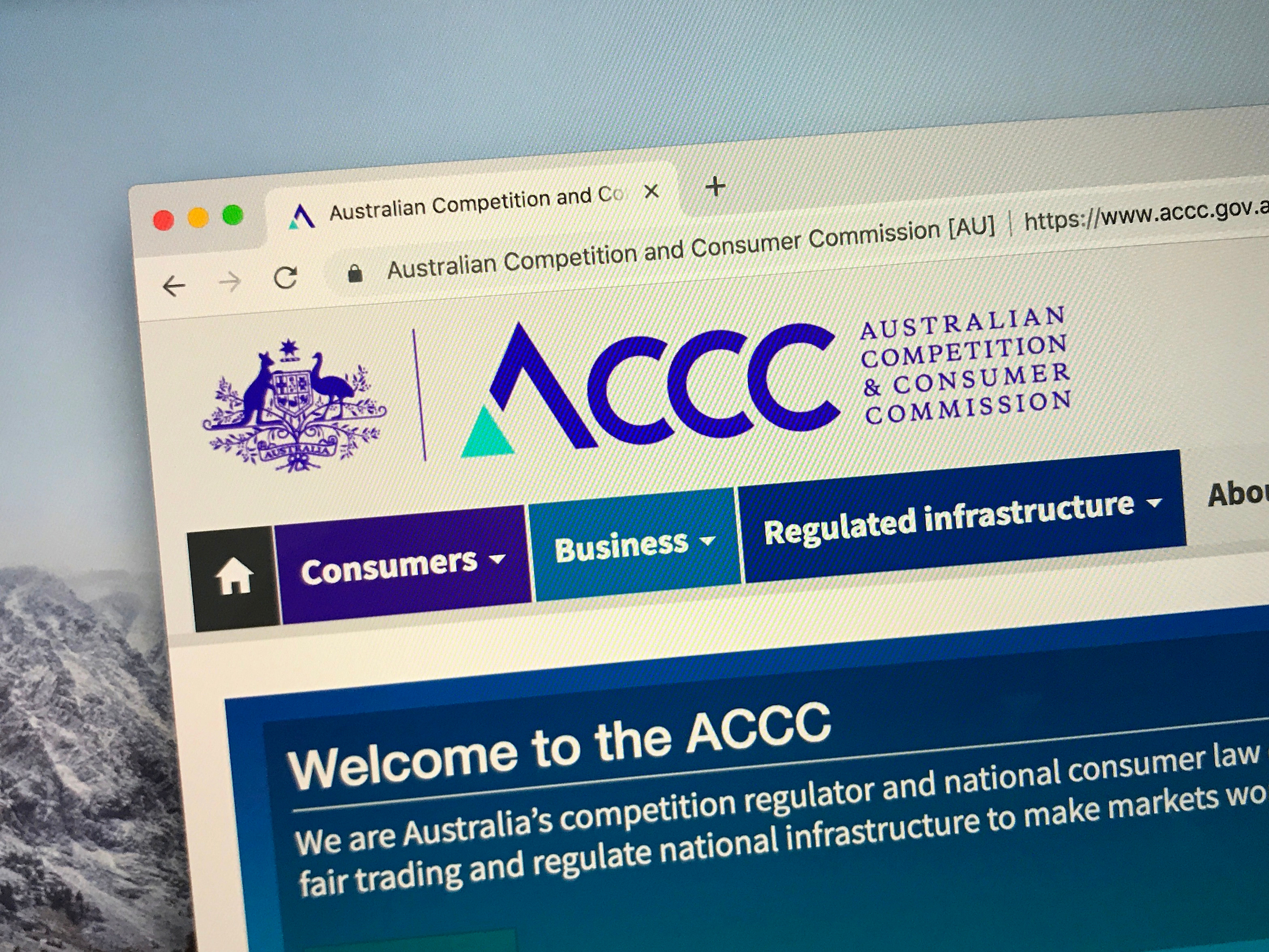
Business & Economics
Challenging discrimination in the gig economy

Competition law doesn’t grab the headlines at elections, but this time around there are proposals from the Opposition that are worth paying attention to
Published 1 May 2019
Competition policy rarely features at election time. The technical debates that dominate this area don’t tend to resonate with voters when compared with climate change controversies and tax policies that hit hip-pockets.
In the current campaign there are additional reasons why competition issues are unlikely to surface in people’s daily newsfeed. A major independent review of our competition policy framework and laws, the Harper review, was completed fairly recently in 2015, and several significant amendments were made by the Government as a result.

The most prominent of these was the change to using an effects test for assessing whether a firm has misused its market power, replacing the previous and harder to establish requirement to prove that a firm has taken advantage of its market power for an anti-competitive purpose.
Earlier this year the Australian Competition and Consumer Commission (ACCC) was hailed as the “gold standard” amongst competition agencies globally. Meanwhile, at home, the ACCC’s tough enforcement stance was held up by the Banking Royal Commission as the example our corporate and financial regulators should emulate.

Business & Economics
Challenging discrimination in the gig economy
But despite these recent reforms and accolades, the opposition Australian Labor Party has included competition reforms in its platform. The ALP’s proposed reforms may not make it into the media scrummage covering political sales pitches and policy promises, but they do warrant attention.
Headlining the ALP package are higher fines for companies breaking competition laws. At the heart of this proposal is the recognition that Australia remains an outlier on the international stage when it comes to ensuring fines are set at a level to adequately punish and deter.
The ALP is proposing to increase the maximum penalty from A$10 million to A$50 million. It also wants to adopt the European approach to calculating fines, which could mean that the starting point for a fine becomes 30% of any sales affected by the illegal conduct, multiplied by the duration of the infringement.

Such a reform is already supported by the ACCC. It may not be embraced by the big end of town, but that in itself suggests the proposal should be taken seriously.
At the same time, policy and law in this field shouldn’t just be concerned with addressing anti-competitive conduct after it happens. At that stage, for businesses, workers and consumers harmed by the distortion of competitive processes, the damage can’t be undone.
What matters as much, if not more, is that we have a legal framework for ensuring that markets don’t become overly concentrated in the first place, yielding undue power for just a handful of firms.

Business & Economics
Why are corporate penalties for cartels so low in Australia?
Many Australian markets are highly concentrated, like banking, energy, telecommunications, internet service provision, fuel retailing and insurance. Yet, most acquisitions that are considered by the ACCC aren’t opposed.
In 2016-17, the ACCC unconditionally cleared 66 per cent of mergers that underwent a public or confidential review. This figure increases to 96 per cent when all proposed mergers are included.
In 2017-18, the ACCC examined 281 mergers. Of these, 252 were pre-assessed by the ACCC as not requiring a public review, one was reviewed confidentially, and 28 underwent public review. Of those publicly reviewed, 17 (61 per cent) were cleared unconditionally.

Whether there is a relationship between concentration levels and merger control standards in this country is open for debate, as is the broader question of whether concentration necessarily harms competition. Some economists point the finger at other factors – too much regulation creating barriers to entry in some sectors, like zoning laws for grocery retail, or too little regulation in other sectors, like access conditions for ports. That may not be the whole story though.
By and large, it is accepted that in a small and geographically dispersed economy like ours, a relatively high degree of industrial consolidation may be justified to enable firms to achieve efficiencies through scale. Cost savings through enhanced efficiency allow for lower prices for Australian consumers. At least that’s what the economic theory tells us. But is it what’s actually been happening in practice?

Business & Economics
Why data is king
In the US, rising concerns about concentration levels across the economy are generating calls by some economists and Democrat Party politicians for tougher scrutiny of mergers. Studies have shown that past mergers that reduced the number of competitors in a market has led to higher prices.
In one widely reported account, it was found that in mergers that led to six or fewer significant competitors, post-merger prices rose by 4.3% in nearly 95% of cases.
Retrospective analyses like this examine whether acquisitions have lived up to the claims made by merging parties at the time of the deal. They are common practice for agencies overseas, including in the US, Canada, the UK and Europe. They should be in Australia too.

Regular rigorous after the fact analysis and assessment of merger approvals, with publicly reported outcomes, would tell us whether we have got the right legal test and standard of proof for assessing the likely impact on competition in Australian markets. It would cast light on whether the ACCC should consider more or different types of conditions for clearance, and whether evidence-gathering for merger reviews is sufficiently robust.
It might also indicate whether Australia should have a system where it is compulsory to notify the ACCC before a merger is consummated. Unlike most of the rest of world, in Australia it is left up to the merging parties to decide whether to notify the ACCC of an impending deal.

Business & Economics
Is it time to rethink our banks being too big to fail?
Depending on their scope, retrospective assessments of mergers would also provide valuable data that could be fed into other important policy debates like whether concentration levels are suppressing investment and slowing innovation, and whether they are holding back wages growth and exacerbating inequality.
A program of retrospective merger review was called for by the Harper review and is supported by the ALP. These reviews may be complex and expensive but the ALP is also proposing an increase in the ACCC’s budget.
Competition policy, laws and processes may seem the esoteric preserve of economists and lawyers. But they have real consequences for us all. Let’s try not to forget that at election time.
Professor Beaton-Wells is also host of the podcast, Competition Lore, canvassing the challenges of competition in a digital age.
A version of this article appears in The Conversation and Election Watch.
Banner: Getty Images